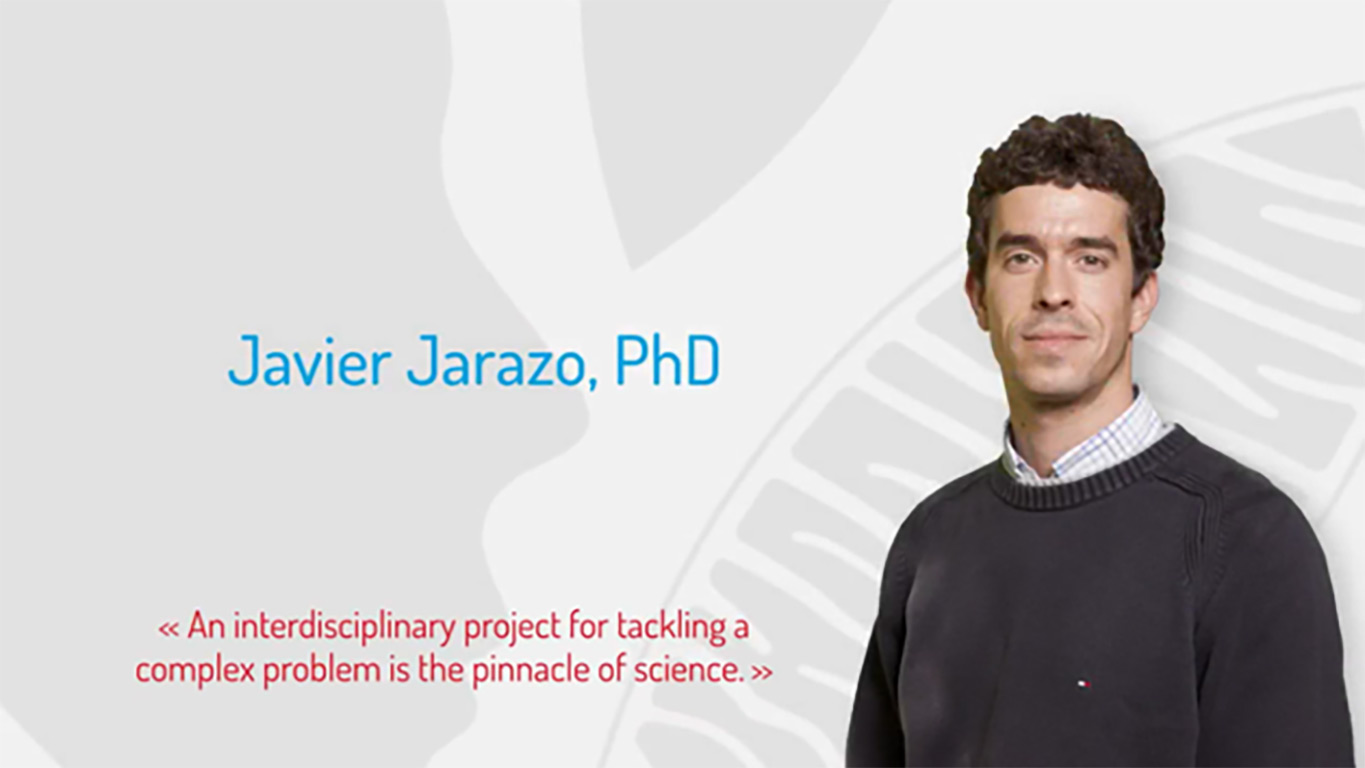
Five years ago, EU research project SysMedPD has set out to further explore and identify novel drug candidates to slow down the progression of Parkinson’s disease. Uniting highly experienced multidisciplinary researchers, the consortium has put tremendous efforts into discovering and developing new therapy pathways, specifically tailored to patients suffering from Parkinson’s disease with overt mitochondrial dysfunction.
With the final project months approaching, the consortium has now started to release a series of lecture recordings putting a spotlight on certain working areas in the project – and introducing some of the researchers behind the scenes. The first recording features a lecture by Javier Jarazo, PhD student in the Cellular and Developmental Biology group of the Luxembourg Centre for Systems Biomedicine (LCSB). In his presentation “Modelling Parkinson’s Disease in the Lab”, he outlines how the in vitro testing of compounds contributes to the overall project aim of identifying drug candidates for the treatment of the disease.
Following this first release, the project will publish further lecture recordings on different research aspects in the coming months and conclude with an overview of the project results towards the end of the year. All of the recordings will be available on the SysMedPD website: http://sysmedpd.eu/media/ and on YouTube.
Parkinson’s disease is a progressive neurological disorder that is increasingly prevalent with age. After Alzheimer’s disease, it is the second most common neurodegenerative disease and its prevalence will continue to grow as the population ages. Within the SysMedPD project, a new generation of junior researchers have been successfully trained in systems medicine and the multiple disciplines involved in a multifaceted approach to the development of new candidate neuroprotectants for neurodegenerative diseases.
The SysMedPD project has received funding from the European Union’s Horizon 2020 research and innovation programme under grant agreement No 668738.
